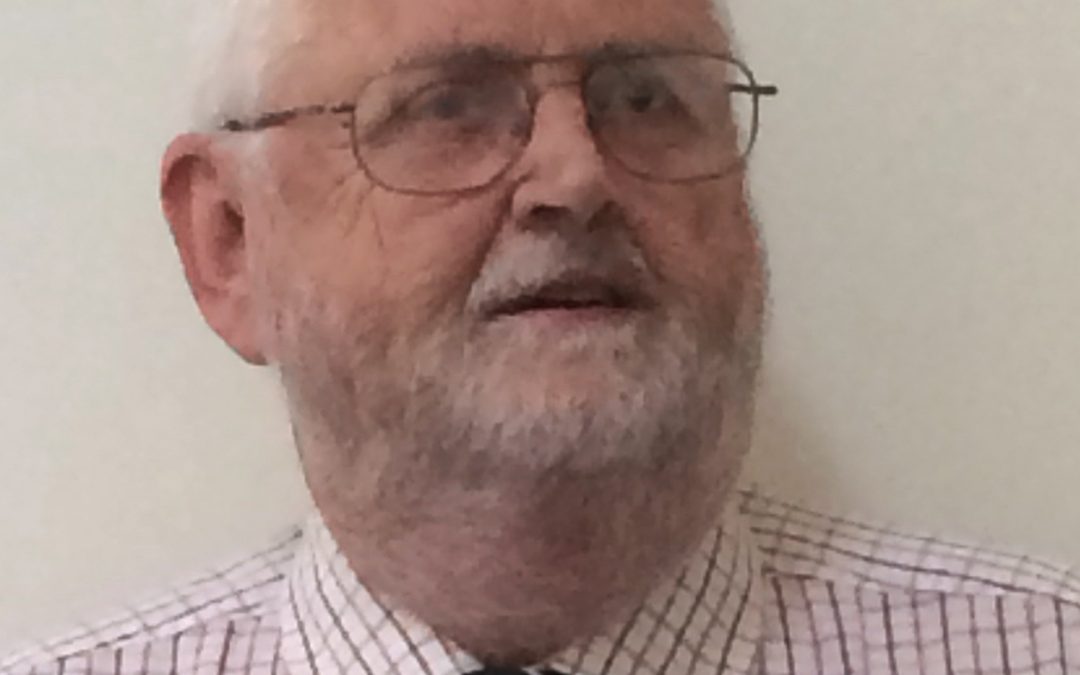The three months grace period on the amended Safety of Life at Sea (SOLAS) Regulations has now expired, and exporters are now required to verify the weight of packed shipping containers. Sensor Technology is able to provide a simple, retrofittable solution for SOLAS compliance, and the company has already worked with a number of exporters who admitted to being “caught out” by the implementation of the legislation.
The International Maritime Organization (IMO) officially adopted the new SOLAS regulations in November 2014, and the legislation was fully implemented in July 2016, with a three month grace period to ease exporters through the changeover and prevent supply chain disruption or port congestion. Sensor Technology managing director Tony Ingham comments: “The intention of the SOLAS legislation is to reduce the number of accidents caused globally by containers whose weights have been erroneously declared. But many of the businesses we have spoken to have been unsure about how to implement the regulations, and worried how the legislation will be enforced.”
Under the legislation verification of the packed containers’ weight is a condition for vessel loading. Two methods of verification are acceptable: either weighing the loaded container or weighing the cargo and then adding the tare weight of the container.
“Cost of implementation has also been a concern, but Sensor Technology’s LoadSense technology provides a simple and cost-effective solution that meets the requirements of the legislation and provides a number of additional functions that will be of benefit to shipping operators,” says Ingham.
asily incorporated within the crane hook, LoadSense allows weighing processes to be fully integrated with handling operations. All live data is captured in real time and can be transferred to a database, stored, totalised and analysed. An on-board single chip computer records, analyses and archives readings, while wireless communication capability can transfer data in real time to a host computer.
LoadSense employs internal batteries, which make its operation completely autonomous.
The LoadSense package includes the intelligent load sensor itself, plus a hand-held receiver display. The load sensor is based on proven strain gauge technology, and is calibrated as standard in the range from 1 to 20 tonnes, with other ranges up to 50 tonnes available soon.
“Safety legislation is always rigorously enforced, so exporters would be well advised to look at the SOLAS requirements very seriously,” says Ingham. “The requirements are demanding, but they don’t have to be difficult. Our message to the industry is that we have simple solutions that meet the SOLAS requirements, which are highly cost-effective and easy to implement, and which can provide a number of features that can help exporters to further streamline their operations.”
Shipping operators receive simple answer to meeting SOLAS requirements
The three months grace period on the amended Safety of Life at Sea (SOLAS) Regulations has now expired, and exporters are now required to verify the weight of packed shipping containers. Sensor Technology is able to provide a simple, retrofittable solution for SOLAS compliance, and the company has already worked with a number of exporters who admitted to being “caught out” by the implementation of the legislation.

